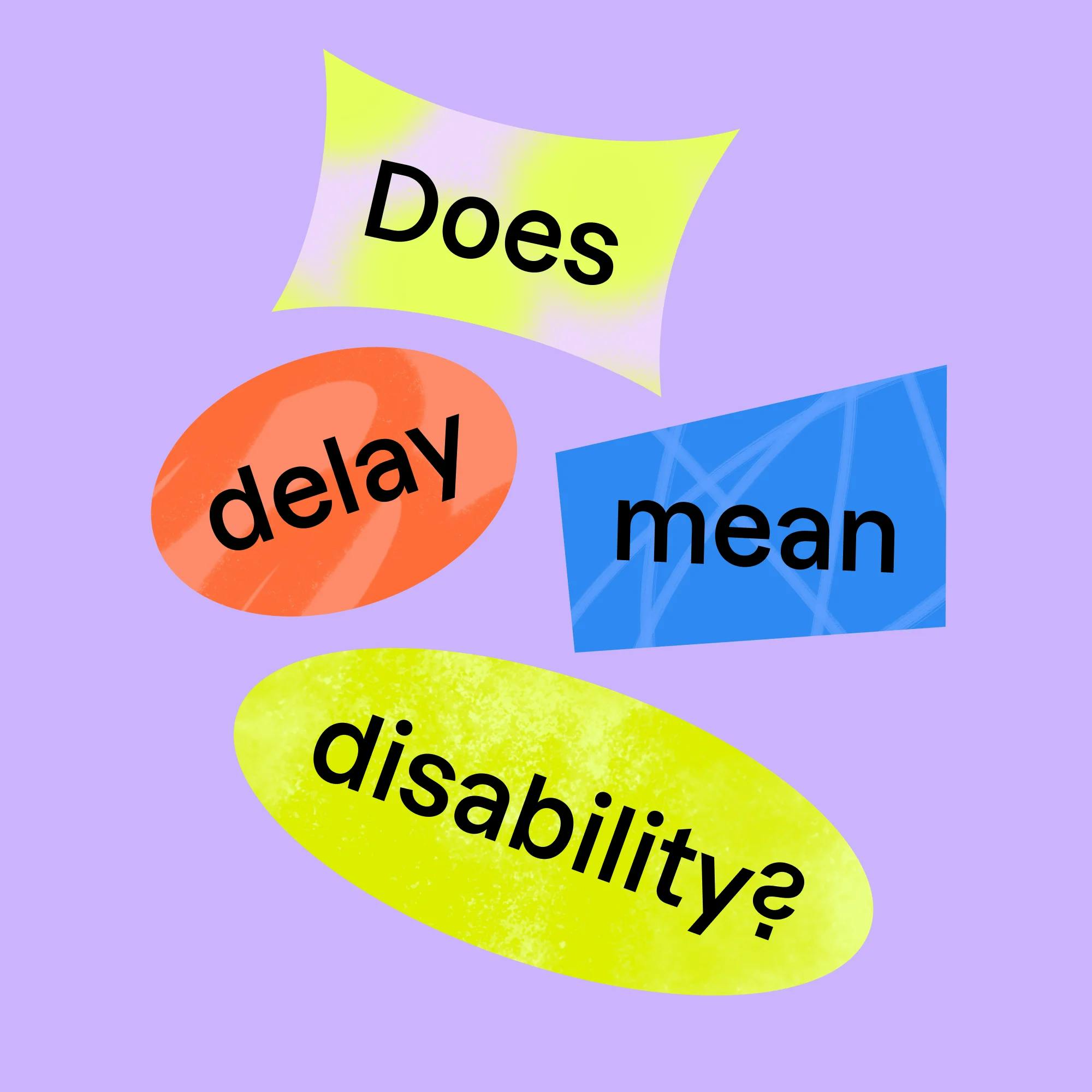
The Relationship Between Verbal Communication and Early Literacy Skills
 Alexis Irazoque, M.S., CCC-SLP
Alexis Irazoque, M.S., CCC-SLP
Parents often ask whether their child’s early communication abilities will have an impact on their literacy skills, such as reading, writing, and spelling. Understandably, many are concerned that delayed communication or difficulty with language in their child’s younger years will have lingering effects on academic performance one they enter school.
In short, language and literacy and connected. In fact, the ability for children to produce and understand verbal communication is one of the earliest predictors of literacy achievement. Let’s explore why.
What do we mean by early language development?
Early language development refers to a child’s emerging abilities to both listen to and understand language (called receptive language), and to then use this language to express their thoughts, feelings, and desires (called expressive language).
From the time a child is born to age 5, language development happens at a rapid pace. Babies start using crying to express their needs, which soon evolves into cooing and babbling that mimics the rhythm of adult speech. Children then begin to point and gesture to communicate, before eventually producing their first words. This ultimately leads to more complex speech and language habits.
While language development happens universally for all children, the pace at which it happens can vary greatly.


How are language and literacy related?
It has been well-documented that a child’s verbal abilities gained during their earlier years can affect their reading and writing once they enter elementary school. One of the most comprehensive reports that studied this correlation was conducted by the National Early Literacy Panel. They found that the ability for children to produce and comprehend verbal communication was one of the earliest predictors of literacy success.
One early language skill that is highly correlated with reading and writing is phonological awareness. This is the ability to think about, differentiate, and understand the various speech sounds that make up a word. The word log, for example, is made up of three sounds: l, aw, g. There are a number of activities that can help demonstrate a child’s mastery of phonological awareness, including rhyming, alliteration, and the ability to take a word and isolate its many sounds.
As children become more familiar with sounds, they begin to map these sounds on printed letters, which helps with their emerging reading and writing skills. This is why reading is largely considered a language-based activity.
Warning signs of speech and language disorders
While there are many different communication impairments that can affect a child’s early literacy abilities, two of the most common are language disorders and speech sound disorders.
Language disorder: Individuals with a language disorder can struggle to use, process, or comprehend language, which makes it difficult to communicate their needs and feelings. As mentioned, the two main types of language disorders are expressive (difficulty expressing language through verbal communication), and receptive (difficulty understanding and interpreting meaning from the words heard).
Speech sound disorder: While struggling to produce certain sounds is a normal part of childhood development, children who have a tough time with sounds or words past a certain age may have a speech sound disorder. Speech sound disorders can be classified as either an articulation disorder (difficulty coordinating mouth muscles correctly to produce certain sounds) or a phonological disorder (the inability to string sounds together into coherent sentences).
You should talk with your doctor or a certified speech therapist if you notice your child has difficulty:
Understanding what other people are saying
Learning or remembering the names of letters
Learning new vocabulary words
Following directions or organizing their thoughts
Using words and sentences correctly
Telling stories or having a conversation
Singing songs
Starting speech therapy early is important
Children’s speech and language skills become more ingrained and habitual over time. Therefore, while speech therapy can be effective at any point in your child’s development, earlier treatment is often most beneficial, especially during preschool. Strengthening your child’s communication abilities during their early literacy years will help set the stage for reading, writing, and academic success.
How Expressable Can Help
Concerned your child isn't reaching age-expected milestones? Looking for communication support from a professional? Expressable is a national online speech therapy practice serving children and adults. We treat all major areas of communication and feeding, offer flexible hours including evenings and weekends, and accept most major health insurance plans. We’re proud to have earned more than 3,000 5-star reviews from our clients (4.9/5 average).
Our therapy model is centered on parent and caregiver involvement. Research proves that empowering caregivers to participate in their loved one’s therapy leads to better outcomes. That’s why we combine live, 1-on-1 speech therapy with personalized education and home practice activities for faster progress.
Communication is more than words. It’s how we share how we feel and show who we are. We’re here to help you or your child do just that.











